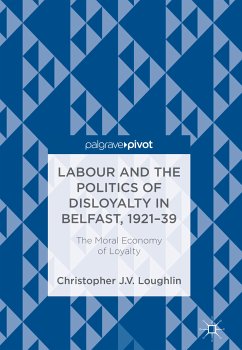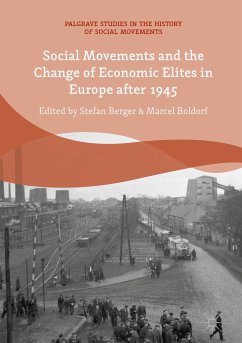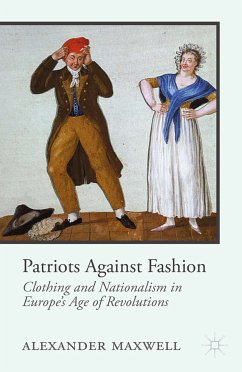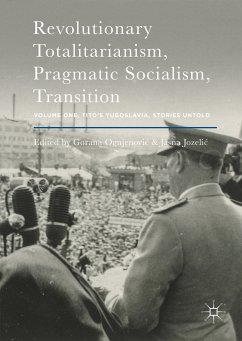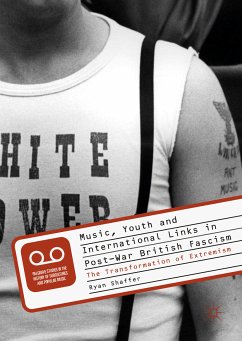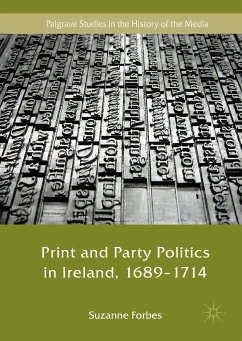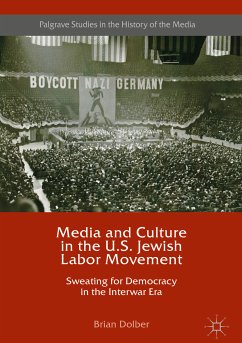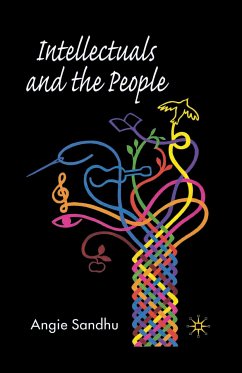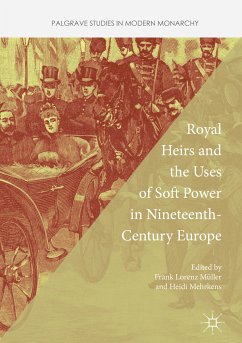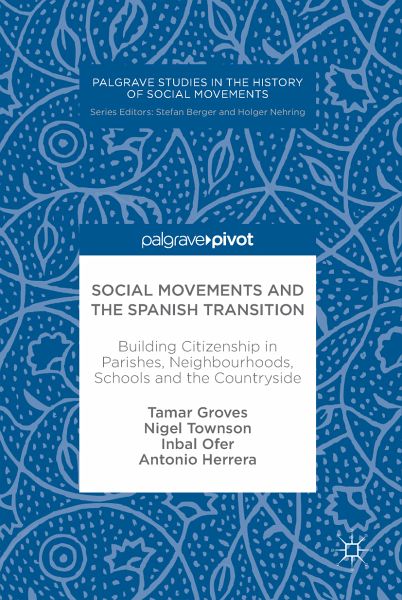
Social Movements and the Spanish Transition (eBook, PDF)
Building Citizenship in Parishes, Neighbourhoods, Schools and the Countryside
Versandkostenfrei!
Sofort per Download lieferbar
44,95 €
inkl. MwSt.
Weitere Ausgaben:

PAYBACK Punkte
22 °P sammeln!
This book explores the role of popular forms of social mobilization during Spain's process of transition to democracy. It focuses on the nature of citizenship that was forged during the period of conflict and mobilisation that characterised Spain from the late 1950s until the late 1980s. It offers a two-pronged exploration of social movements at the time. On the one hand, it provides a detailed analysis of four very different cases of social mobilisation: among Catholics, residents, farmers and teachers. It discerns processes of organisation, repertoires of action, collective meaning, and inte...
This book explores the role of popular forms of social mobilization during Spain's process of transition to democracy. It focuses on the nature of citizenship that was forged during the period of conflict and mobilisation that characterised Spain from the late 1950s until the late 1980s. It offers a two-pronged exploration of social movements at the time. On the one hand, it provides a detailed analysis of four very different cases of social mobilisation: among Catholics, residents, farmers and teachers. It discerns processes of organisation, repertoires of action, collective meaning, and interactions with communities and local political actors. On the other hand, it reflects on how the fight over specific issues and the use of similar tactics generated shared interpretations of what it meant to be a citizen in a democracy.
Dieser Download kann aus rechtlichen Gründen nur mit Rechnungsadresse in A, B, BG, CY, CZ, D, DK, EW, E, FIN, F, GR, HR, H, IRL, I, LT, L, LR, M, NL, PL, P, R, S, SLO, SK ausgeliefert werden.



